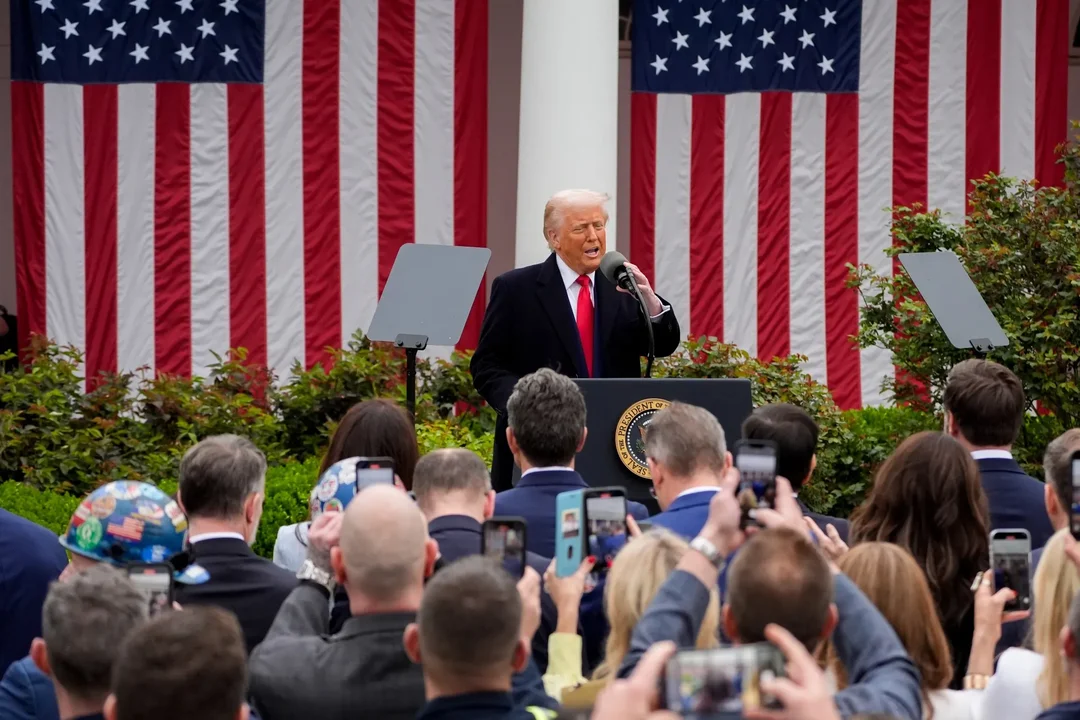
Trump Implements 10% Global Tariff and Additional Country-Specific Tariffs on Liberation Day
President Donald Trump has announced a new 10% global tariff, along with additional tariffs targeting specific countries, coinciding with Liberation Day. This economic move, described by Trump as a step towards economic liberation, aims to protect American industries and jobs. The announcement was made during a White House event, where Trump emphasized the need for America to be economically independent and strong.
The new tariffs are expected to have a significant impact on international trade relations, with potential repercussions for global markets. Analysts are already discussing the possible retaliatory measures from affected countries, which could lead to a trade war. Critics argue that these tariffs might increase the cost of goods for American consumers and potentially harm the economy by reducing international trade.
The decision comes after months of speculation and suspense, with Trump hinting at major economic policy changes during Liberation Day celebrations. The White House has stated that these tariffs are part of a broader strategy to renegotiate trade deals and ensure fair competition for American businesses on the world stage.
Related issues news
What do the tariffs mean?
A tariff or duty (the words are used interchangeably) is a tax levied by governments on the value including freight and insurance of imported products. Different tariffs applied on different products by different countries.
Why are there tariffs?
Tariffs on imports are designed to raise the price of imported goods and services to discourage consumption. The intention is for citizens to buy local products instead, thereby stimulating their country's economy. Tariffs therefore provide an incentive to develop production and replace imports with domestic products.
When did tariffs start?
The Tariff Act of 1789 imposed the first national source of revenue for the newly formed United States. The new U.S. Constitution ratified in 1789, allowed only the federal government to levy uniform tariffs.